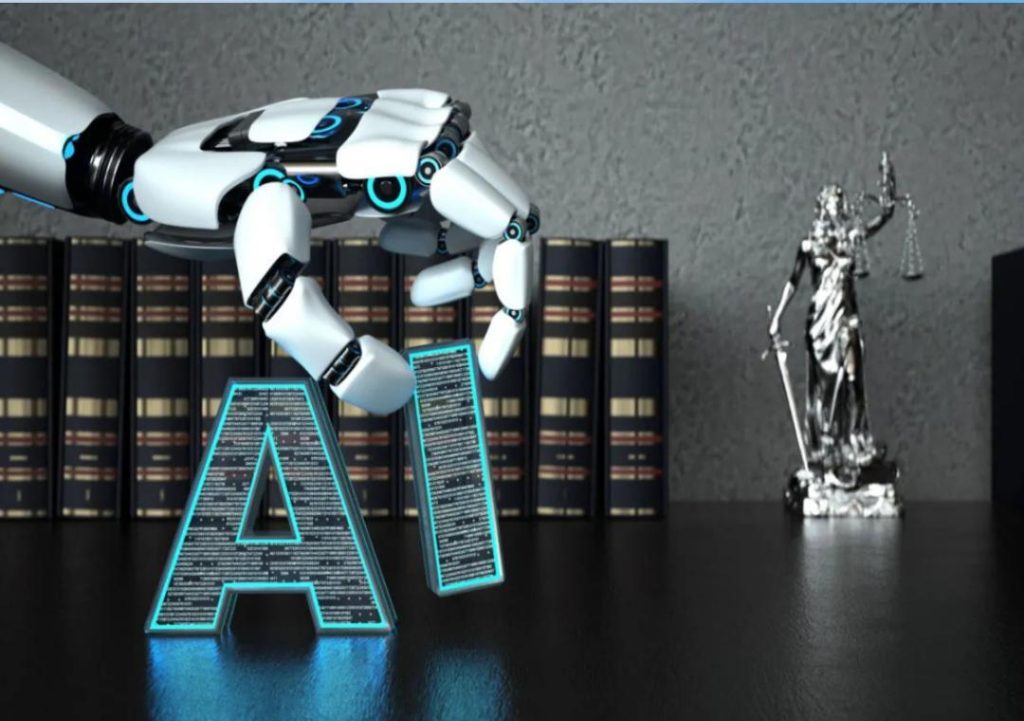
What Ethical Issues Does Agentic AI Raise in Law?
The legal industry is undergoing a significant transformation with the advent of Artificial Intelligence (AI). Agentic AI, in particular, has the potential to revolutionize the way lawyers work, enhancing efficiency and productivity. However, as with any technology, it also raises a host of ethical concerns that need to be addressed. In this blog post, we will explore the ethical issues that agentic AI raises in law and what steps law firms are taking to ensure fairness, transparency, and accountability.
What is Agentic AI?
Agentic AI refers to AI systems that can make decisions and take actions on their own, without human intervention. These systems are designed to mimic human behavior, making them particularly useful in complex and nuanced tasks such as legal analysis and decision-making. Agentic AI can be used for a variety of legal tasks, including contract review, document analysis, and legal research.
Ethical Concerns Raised by Agentic AI
While agentic AI has the potential to revolutionize the legal industry, it also raises a number of ethical concerns. Some of the key issues include:
- Bias: Agentic AI systems are only as good as the data they are trained on. If the data is biased, the AI system will reflect that bias, potentially leading to unfair and discriminatory outcomes. For example, if an AI system is trained on a dataset that is biased towards one gender or race, it may make decisions that are unfair to those groups.
- Transparency: Agentic AI systems can be opaque, making it difficult to understand how they arrive at their decisions. This lack of transparency can be problematic, particularly in high-stakes situations where the outcome of a decision can have significant consequences.
- Accountability: Agentic AI systems can make decisions without human oversight, which can lead to a lack of accountability. If an AI system makes a mistake, it can be difficult to identify who is responsible and how to correct the mistake.
- Explainability: Agentic AI systems can be difficult to explain, which can make it difficult to understand how they arrived at their decisions. This lack of explainability can be problematic, particularly in situations where the outcome of a decision is not clear.
Responsibility and Accountability
To address these ethical concerns, law firms are investing in responsible AI frameworks that prioritize fairness, transparency, and human-in-the-loop review. This means that AI systems are designed to be transparent and explainable, and that human lawyers are involved in the review and approval of AI-generated decisions.
For example, some law firms are using AI-powered contract review tools that allow lawyers to review and approve AI-generated contract summaries. This ensures that lawyers are involved in the review process and can correct any errors or biases in the AI system.
Another approach is to use human-in-the-loop AI systems, where AI systems are designed to work alongside human lawyers to provide decision-making support. This approach ensures that human lawyers are involved in the decision-making process and can provide oversight and guidance to the AI system.
Conclusion
Agentic AI has the potential to revolutionize the legal industry, but it also raises a number of ethical concerns. To address these concerns, law firms are investing in responsible AI frameworks that prioritize fairness, transparency, and human-in-the-loop review. By prioritizing these values, law firms can ensure that AI systems are used in a way that is fair, transparent, and accountable.
Sources:






